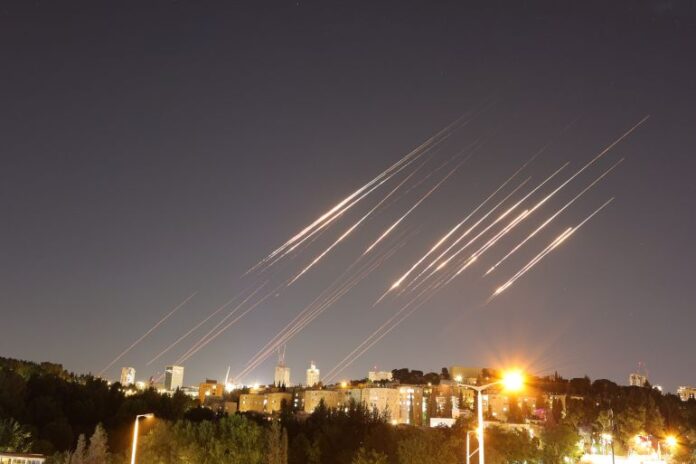June 16, World (LNW): The ongoing confrontation between Iran and Israel has intensified dramatically over the past few days, leaving a trail of devastation in both countries and drawing international concern over the rapidly deteriorating humanitarian situation.
According to an official spokesperson for Iran’s Ministry of Health, more than 240 people have been killed and well over a thousand injured in a sustained wave of aerial bombardments attributed to Israeli forces. The bombardments, which reportedly began early Friday, struck multiple urban centres including the capital, Tehran.
Among the dead are numerous women and children, with officials claiming that the overwhelming majority of those affected are civilians. Over 1,200 individuals are said to be receiving hospital treatment, many with life-threatening injuries.
Iranian authorities say the air raids targeted a range of locations, including strategic military compounds and scientific research facilities. Reports also suggest that a number of high-ranking defence officials and nuclear specialists were killed in the initial wave of strikes. However, many of the attacks reportedly hit residential districts and public buildings, amplifying the civilian toll.
In retaliation, Iran has carried out a series of missile attacks directed at Israeli territory since Friday evening. Israeli emergency services have confirmed that at least two people were physically injured in the latest round of strikes launched on Sunday night, while dozens more required medical attention for shock and trauma.
Fires broke out in several locations following the impact of missile debris, with fire crews deployed to contain the blazes.
Sirens warning of incoming attacks were activated across wide areas of Israel, including Tel Aviv and parts of the occupied Golan Heights. Witnesses reported hearing loud explosions throughout the night. Israeli officials stated that more than 30 projectiles had been fired by Iranian forces, though many were intercepted mid-air by the country’s missile defence systems.
Fragments of intercepted missiles caused damage in the Haifa region, where several buildings and vehicles were set alight. Additional strikes in the south reportedly led to another large-scale fire, though no deaths have been confirmed as of yet on the Israeli side.
The ongoing hostilities have heightened fears of a broader regional escalation, with both nations trading blame and vowing to continue their military operations. Neither government has shown signs of de-escalation, and there is little indication that diplomatic channels are currently being pursued.
In response to the crisis, humanitarian agencies and international observers have urged all parties to prioritise civilian safety and adhere to international laws governing armed conflict.

